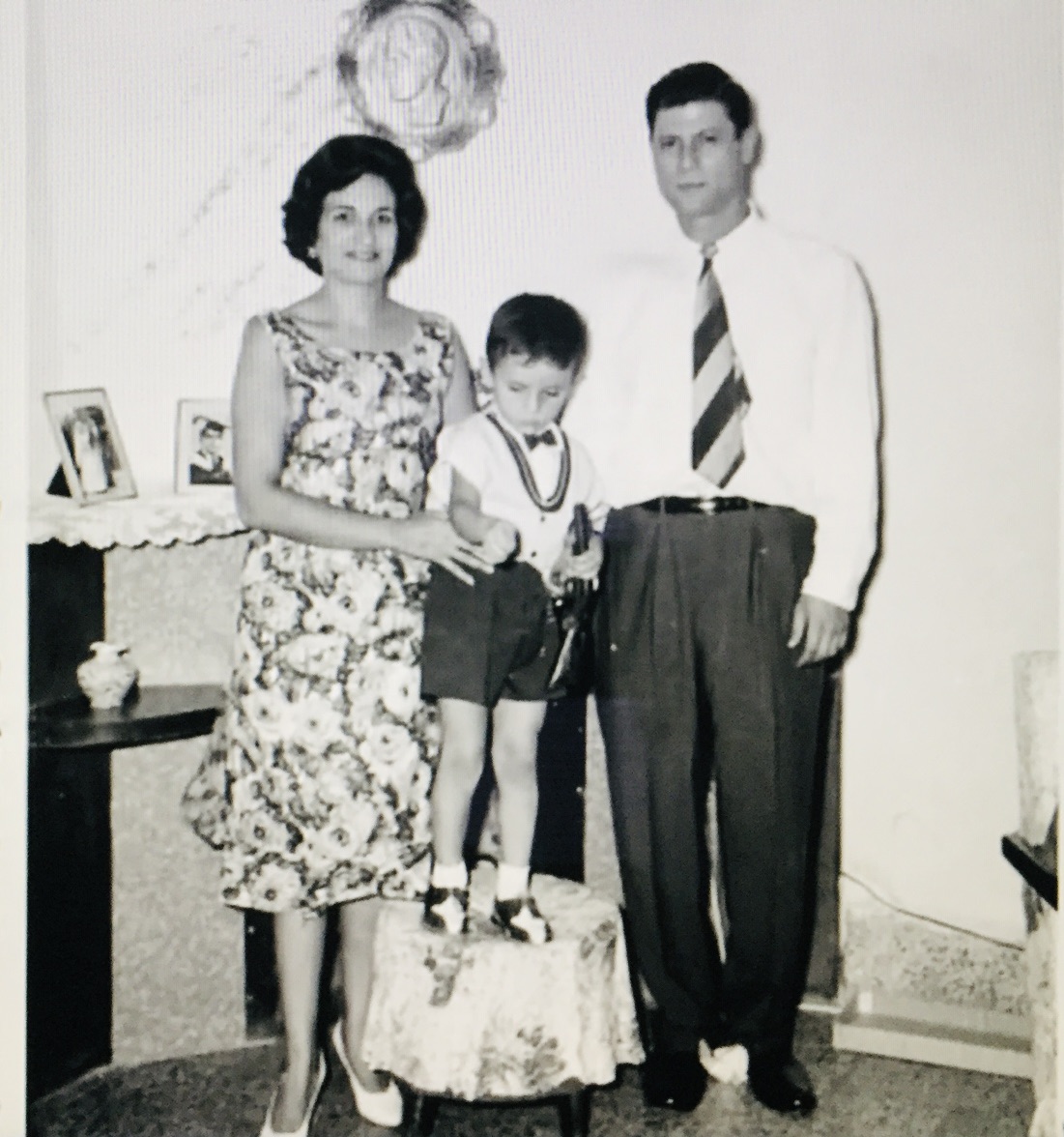Joe Balass was born in Baghdad in 1966, only four years before he and his family were forced to leave Iraq for good. He has few memories of his birthplace, but his mother, Valentine, remembers it vividly in his 33-minute documentary, Baghdad Twist, which was produced by the National Film Board of Canada.
Available on the website of the Toronto Jewish Film Foundation, Balass’ visual memoir summons viewers back to a bygone era when there was still a viable Jewish community in Iraq.
The Balass family escaped from Iraq in 1970, two years after a Baathist Party coup, and immigrated to Canada. When they fled, Iraq was ruled by President Ahmed Hassan al-Bakr, whose successor would be his vice-president, Saddam Hussein, who ascended to the presidency in 1979.
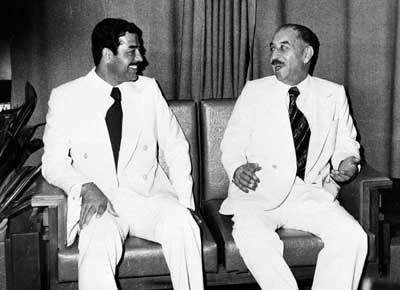
This was an extremely unsettling time for Iraqi Jews, whom the government regarded with suspicion, if not outright hostility. Baghdad Twist offers a glimpse of this period in a question-and-answer session between Balass and his mother.
Seven decades ago, Iraq was home to a venerable and prosperous community of about 180,000 Jews, some of whom could trace their ancestry back to antiquity. But with Jewish-Palestinian tensions simmering in Palestine, anti-Zionist feelings boiled over in Iraq and throughout the Arab world, imperilling Jews.
Iraqi Jews felt the tremors, particularly after the birth of Israel in 1948. The majority emigrated, mainly to Israel, leaving several thousand Jews in Iraq.
Under the Iraqi monarchy, the remaining Jews were more or less tolerated. Conditions for Jews deteriorated following successive military coups led by Abdel al-Karim Qasim and the Arif brothers, Abdul Salam and Abdul Rahman. With the Baathist seizure of power in 1968, life became extremely unpleasant for Jews in Iraq.
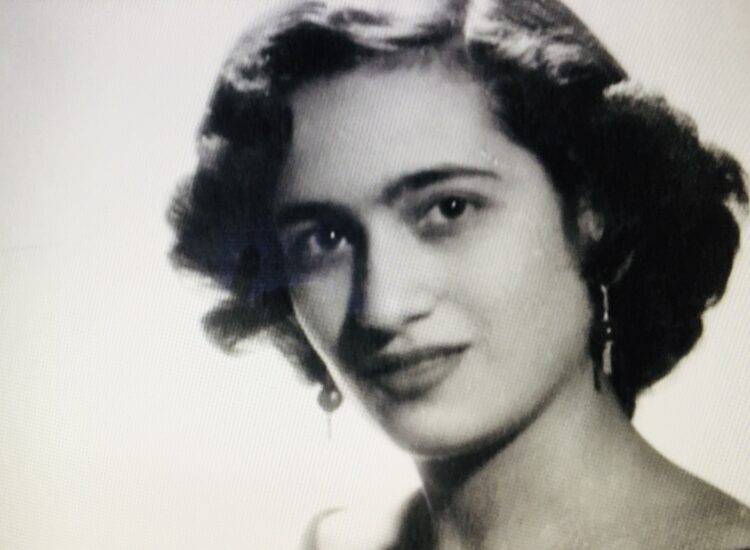
As Valentine looks back at these turbulent events, she recalls the good and the bad. Her conversation with her son, a Montreal filmmaker today, is punctuated by archival movie footage of Iraq entering modernity, photographs of herself, her husband and her growing family, and clips from a Jewish wedding in Baghdad.
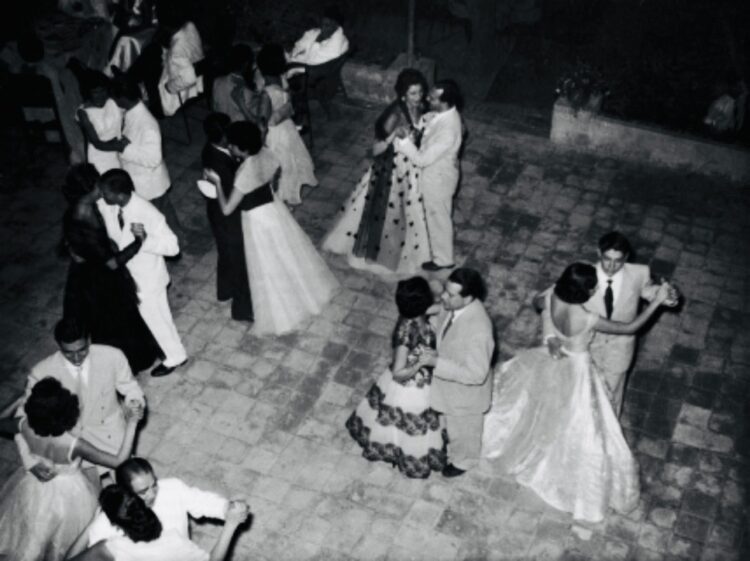
Iraqi Jews kept a low profile, even in the best of times, and refrained from advertising their Jewish background, says Valentine, whose language at home was “Jewish Arabic.”
When her parents emigrated in 1957, she was newly married, and Iraq was calm and peaceful. “I was Iraqi and that was it,” she says, confident of her identity in a polyglot nation inhabited by Muslims, Christians and Jews. “I was a Jewish Iraqi.”
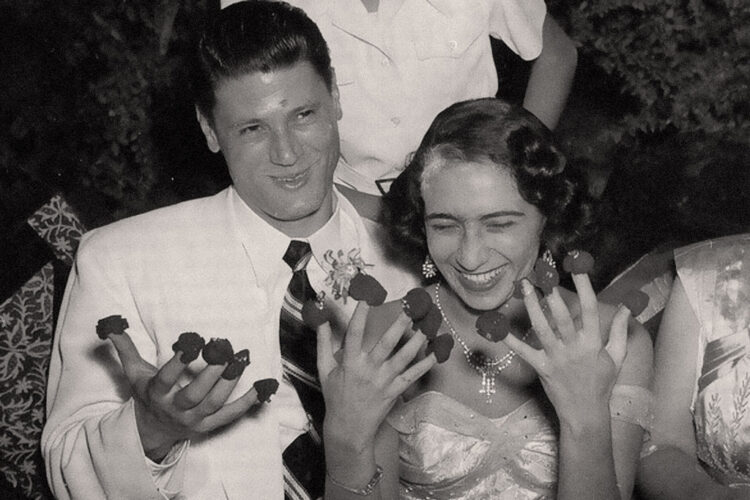
The 1967 Six Day War, in which Iraq participated, was a watershed for Iraqi Jews. “Everything collapsed,” she says. The atmosphere darkened, Muslim friends avoided her, and radio broadcasts advised citizens to keep an eye on Jewish neighbors.
“We were scared to death,” says Valentine. “They cut off our phone lines, and we couldn’t leave.”
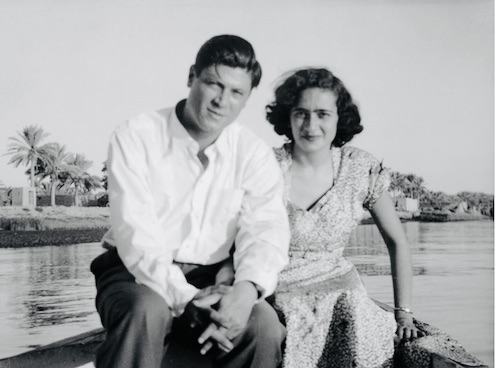
Valentine’s husband, Victor, was arrested, having been accused of illegally sending money to Israel. “It was a terrifying moment,” she says. “I didn’t know what would happen to our family.” Although he was released, he was imprisoned two more times. Balass omits the details of his arrests and incarcerations.
Balass makes a fleeting reference to the public hanging of several Jews in Baghdad, whom his parents knew. In the wake of this cruel and ghoulish spectacle, Valentine belatedly realized that Jews had no future whatsoever in Iraq.
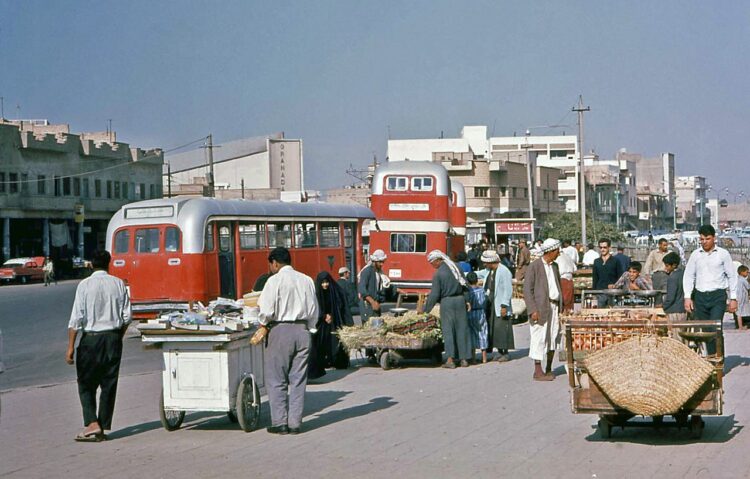
They left Baghdad in a hurry, leaving behind furniture in their house and food in their fridge. “If we stay, we are dead,” says Valentine, speaking in the present tense. “If we leave, maybe we will survive, I don’t know.”
Balass does not bother explaining how they were smuggled out of Iraq, but implies they were driven north to Kurdistan, from which they made it to safety.
